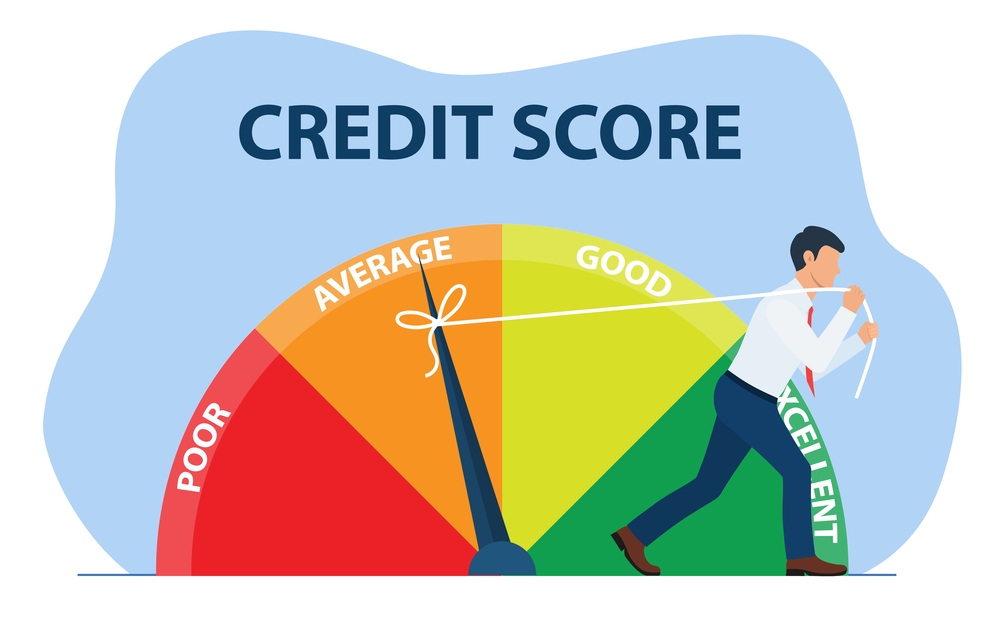Young adults often face challenges when it comes to building credit during their college years. They may encounter difficulties securing certain rentals or face credit card application rejections due to their lack of credit history. It’s a frustrating Catch-22 that you may have witnessed yourself. So, how can you help your teenager avoid this situation? Here are some strategies to assist your child in building credit early.
Co-Sign a Loan or Lease
While it’s common for teenagers to have their own car, simply gifting them a vehicle won’t contribute to building their credit. Consider co-signing on a car loan to help them establish credit. Although this carries some risk to your own credit, it can be an excellent introduction to credit building if you believe your child is responsible enough to make the car payments. The best part is that they can start building credit at just 16 or 17 years old, without having to wait until they reach legal adulthood.
Open a Utility Account in Their Name
Another way to build credit without a credit card is by opening a cell phone, internet, or utility account in your child’s name. Sign up to have their payments reported to the credit bureaus. Although they must be 18 years old for this option, it can give their credit score an early boost as they transition into adulthood. This option allows on-time payments to have a positive impact on their credit score, unlike in the past when only delinquent payments were reported to the bureaus.
Add Them as an Authorized User
If you want to give your child hands-on experience with a credit card from a young age, you can add them as an authorized user on your credit card. Before doing so, confirm with your card issuer that your child’s activity will be reported separately to the credit bureaus. Most major issuers offer this option. Inquire about the minimum age for adding an authorized user, as some issuers allow children as young as 13 to be added. This approach gives your child a head start on credit building.
While building your child’s credit is important, it should not be the sole focus. Actively teach your child about responsible credit card usage. Review their credit card statements together each month, discussing their spending habits and how to use the card responsibly. Explain the consequences of carrying a balance, how interest accrues, and the long-term impact of not paying the credit card bill. These concepts may be challenging for a teenager to grasp, but they are vital for their future financial success as adults.
Explore Student Cards
When your child enters college and is ready for their own credit card, consider student credit cards. These cards are often the first credit card that many young adults receive as they don’t require a prior credit history (although following the previous tips may have already established their credit score). To qualify for a student credit card, your child must be over 18, have a proven source of income, and be a U.S. citizen.
As mentioned earlier, signing up for a credit card is not the ultimate goal. You want your child to build good credit, which means using their credit card responsibly. Engage in detailed discussions with your child about credit card mechanics and stress the importance of paying off the balance in full each month. If they demonstrate responsible card usage throughout their college years, they will graduate with more than just a diploma—they’ll also possess an excellent credit score that will benefit them in the future.
Equipping Your Child with Financial Knowledge
Unfortunately, many young Americans enter adulthood without adequate financial management skills. Helping your child establish credit early and assume financial responsibility is crucial for their success as adults.
At Peter Witts CPA, we prioritize your financial well-being and that of your family. Contact us for guidance on college savings plans, tax planning, and more. We’re here to assist you in navigating the complexities of financial management for government contractors.

